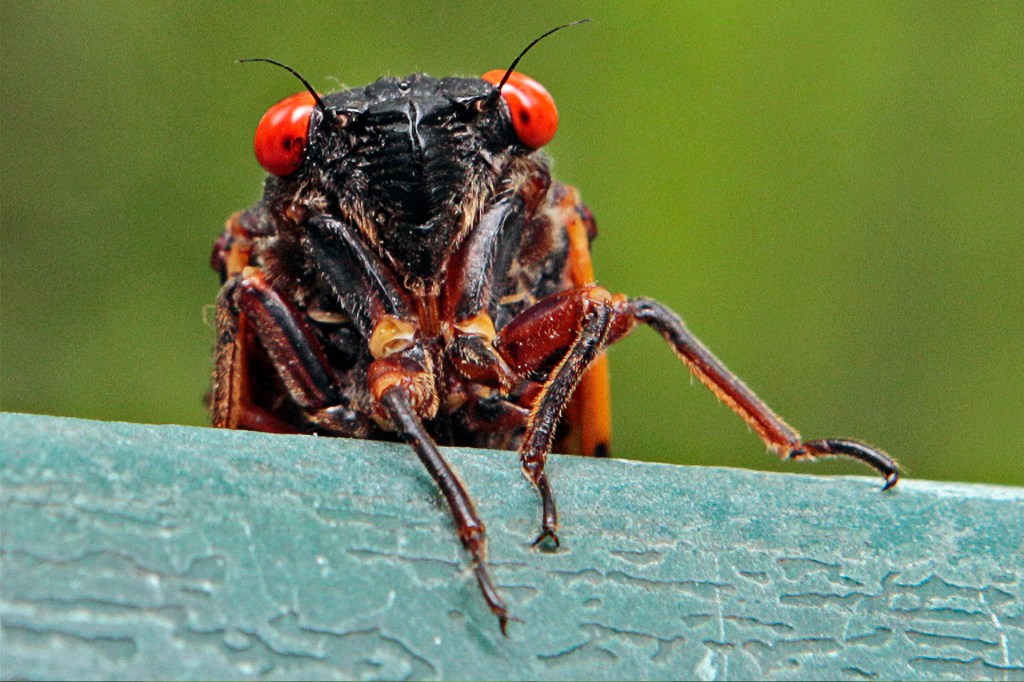8 Questions for Samuel Ramsey

Samuel Ramsey, or Dr. Sammy, works for the United States Department of Agriculture. He’s an entomologist. That’s a scientist who studies insects. TFK’s Rebecca Katzman spoke with Dr. Sammy about his job and what insects can teach us.
1. How did you become an entomologist?
I have been interested in entomology since I was a little kid. At first, I was terrified of insects. But reading about them changed that.
2. What are you working on now?
My current work is focused on keeping bees healthy. I use a microscope to examine sick ones. I’m developing medicines for them.
3. Do you have a favorite insect?
I have several. My favorite vegetarian insect is the honeybee. My favorite predatory insect is the praying mantis. Incredible things can come in small packages.
4. What do insects teach us about ourselves?
We like to think that humans are unique. We think no other creatures form tight-knit communities. But insects like ants, wasps, bees, and hornets were forming closely connected communities before we ever did.
5. What if I’m afraid of insects?
Learn more about them! You’ll see that their motivations are similar to ours. Crickets used to keep me up at night. I hated it. Then I realized that’s their way of telling other crickets, “Hey, I’m lonely, and I want to hang out with you.”
6. What about bugs that bite?
They’re just hungry. Take mosquitoes. They’re not trying to make you itch. They’re just getting a little bit of blood from you, because it’s a source of nutrients. They need the protein to have babies.
7. What’s the best way for kids to study insects?
Do an insect scavenger hunt in the backyard. Books can help you identify these creatures and learn about their ecosystems.
8. Any final message for our readers?
The field of entomology needs diversity. For a long time, it has been dominated by white men. When you bring in diversity, you’re able to solve problems in new ways. Entomology is the study of diversity. Insects are a diverse group. If you want to learn about diversity, learn about insects.











